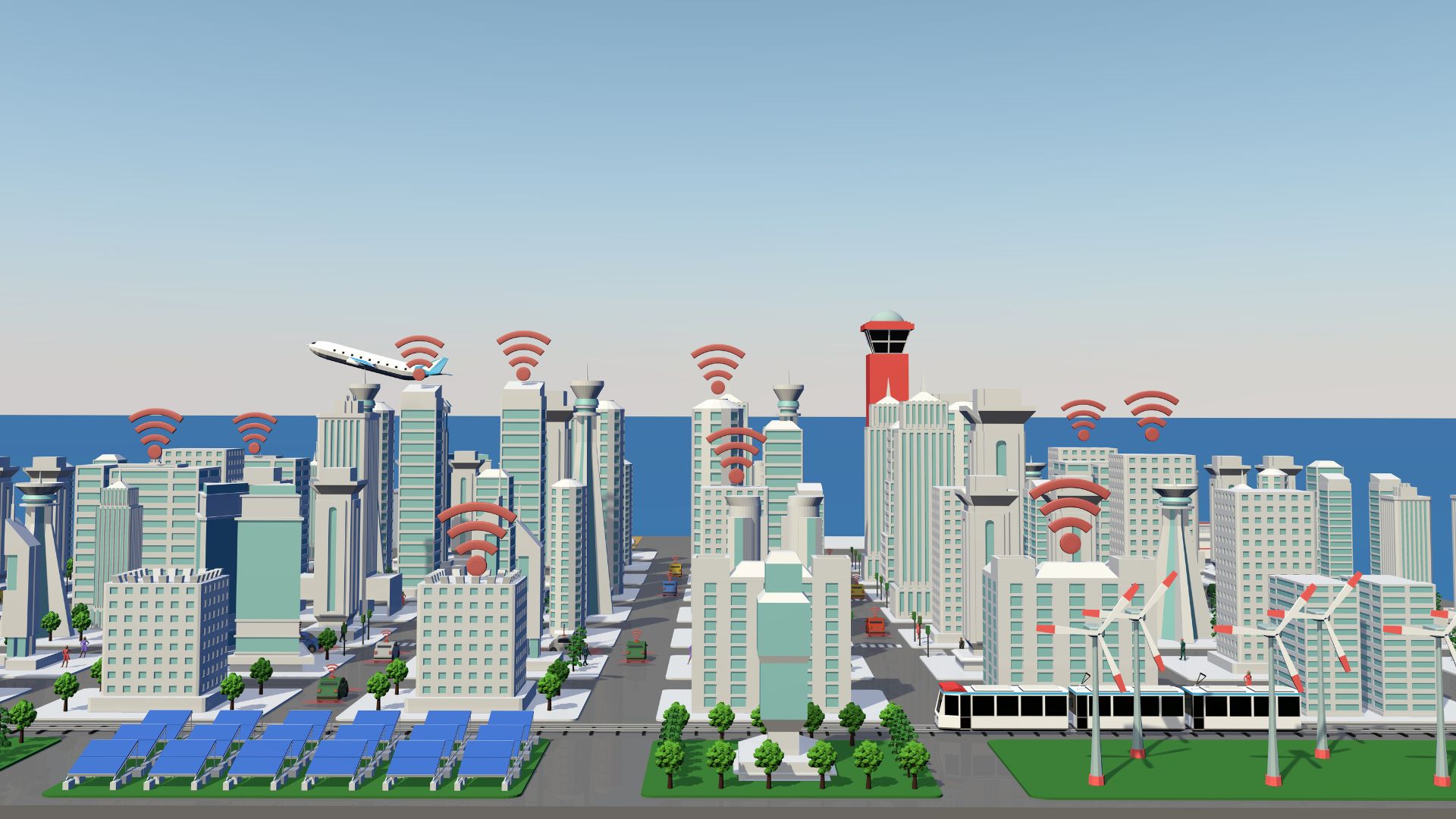Massive demand for EV charging stations and a reduction in carbon footprint are reshaping the future of smart buildings.

Researchers in the fields of electric power and energy systems are looking for ways to enhance the functionality and performance of the building infrastructure.
We are generating an increasing amount of energy from renewable sources such as solar, wind, and water, which are replacing fossil fuels.
Not only is power generation changing, but so is the way we store and use it.
With solar roof-top and small wind stations, energy generation becomes more localized.
This means that we are utilizing our buildings as a grid.
Our building’s power system must provide EV charging in addition to powering everything else.
Thus future ready buildings will serve as energy hubs, storing and managing the power required for daily activities such as cooling and lighting our homes and charging electric vehicles.

EV drivers need to be sure that they can always charge their vehicles at the proper instrument with the best price, no matter where they go.
EV Charging Station for Buildings

We need the EV charging stations for all buildings where we live, where we visit, in short anywhere we park the vehicle.
This means that picking the proper EV charging infrastructure with enough capacity is crucial.
Some structures may be needed for extremely specific purposes, such as a logistics center or a warehouse where a fleet of vehicles has to be charged.
With all we’ve stated, more advanced tools to compute and manage the power system are required for future buildings.
Thus it becomes a challenging task to consider the installation of an EV charging station by the owner, developer or manager of the building, or an architect or designer working for a client.
Point to be considered by future buildings
Electric power and energy experts are developing tools and methods to improve the life and environment at the future building structures.
As a result, the most recent innovations are concentrated on generating new goods and services for providing answers to the following problems.
- How to attract EV drivers to choose to visit your building
- How to offer a fantastic EV charging experience
- What are the latest regulations and laws for EV charging infrastructure?
- How to generate revenues from the building power system
- How to reduce expenses
- How to maximize the earning from EV charging stations
- How to reduce building carbon footprints
- How to avoid disrupting current business to integrate EV chargers into the buildings
- How to adopt existing infrastructure to meet the extra demands of your EV charging infrastructure.
- How to boost power capacity without costly grid upgrades
- How to minimize energy bills and avoid peak-pricing.
- How to use battery stored solar power which helps to balance load on the electricity grid
- How to manage and control your energy demand, usage and charging station network.
In conclusion, the new building would require totally innovative and cutting-edge power management products and services.
It requires software that automatically optimizes the control of connected assets in accordance with various user-defined goals, such as minimizing energy bills, reducing carbon footprint, and increasing use of renewable energy sources.
We appreciate you reading the article. Join our mailing list today and never miss the latest news and updates.
Visit Rhyni – Tech Skills for online courses on electric vehicles.
You can express your opinion by pressing the like button and/or sharing your view in the comment box.
